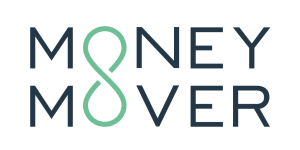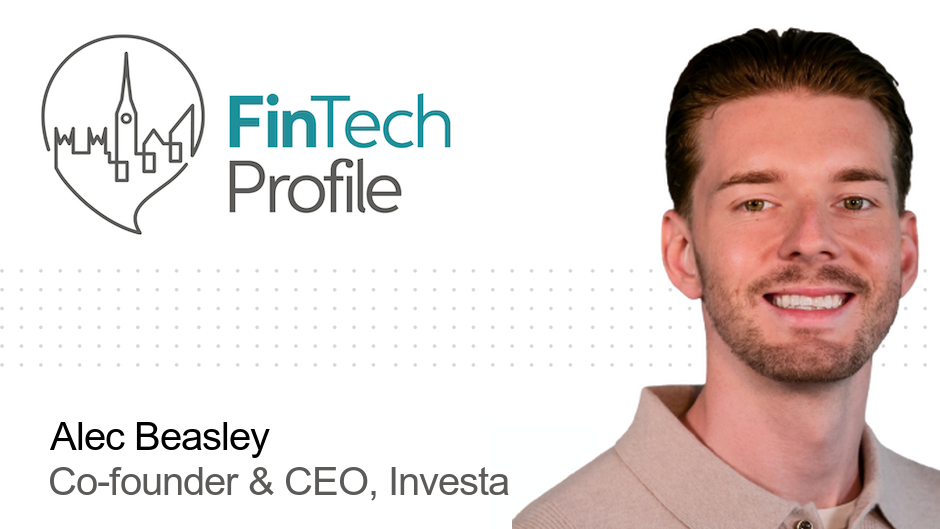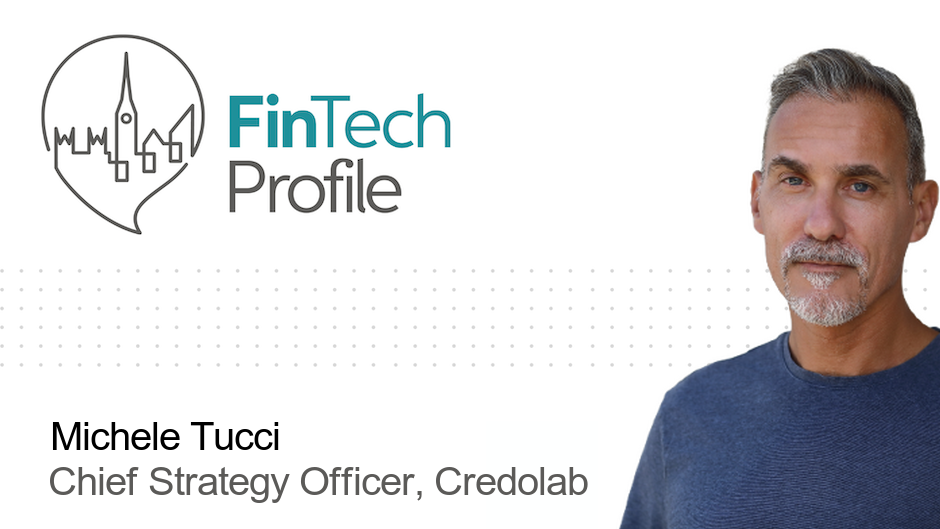Hamish Anderson of Money Mover

Money Mover is the online business currency exchange and international payments service dedicated to SMEs. With it, businesses can make international money transfers quickly, at significantly reduced costs and with complete exchange rate transparency. Today’s profile is with Hamish Anderson.
Our questions are in bold.
– – – – –

Who are you and what’s your background?
I’m Hamish Anderson, co-founder and CEO of Money Mover, the first global payments and currency exchange platform specifically designed for small and medium-sized enterprises (SMEs). I studied modern languages at Durham University, then joined Schroders, the merchant bank and asset manager. For the next 15 years of my career I worked in several banks and financial technology businesses, culminating in running European prime brokerage (hedge fund financing) sales at HSBC. I left that role in early 2014 to set up Money Mover with my co-founder, Andrew Comber.
What is your job title and what are your general responsibilities?
The job of a co-founder is to grow a business from the germ of an idea – to turn what is little more than a concept, however sensible it may sound, into a living, breathing business. As a fintech startup CEO I am responsible for bringing together all the pieces that enable Money Mover to deliver its commitments to our team, customers and shareholders. We’re at an extremely exciting stage at the moment. We’ve proved the concept of the business, have raised seed capital from an experienced and influential group of investors, and now need to demonstrate its full potential.
Can you give us an overview of your business?
Money Mover is a web application that enables SMEs to make international payments and transfer currencies in a low-cost, transparent and intuitive way. Our aim is to empower our customers in two ways: firstly by using our relationships and buying power to provide them with exchange rates that previously only large corporations and multinationals could get; and secondly with a technology application that saves time and improves their processes.
Tell us how you are funded.
The co-founders funded the development of a minimum viable product (MVP) and the costs of setting up the fundamentals of the business, which took about 6 months. During this time we also recruited some beta customers. We released a basic version or our application – in closed beta – in June 2014, and spent a few months working with our beta customers, which helped us find bugs and refine the user interface. Soon after this we started talking to friends and family about seed financing. We found that having a working platform and small but growing customer base made it much easier to have discussions with investors. We’ve just closed our formal seed financing round in which we raised just over £1m from a group of private and semi-institutional investors.
Why did you start the company? To solve what problems?
As in other areas of financial services, SMEs have traditionally been under-served and over-charged by banks and traditional providers. This is just as true for global payments and foreign exchange (FX) as it is for loans and access to finance. What’s unique about Money Mover is that we have approached global payments from the perspective of our customers, and asked SMEs what they need from such a service and how we can make their lives easier. It’s not just about reducing their costs – though we normally reduce total fees by up to 90%. What motivates us is using technology to improve transparency and the user experience. Our platform understands the way that SMEs work.
Who are your target customers? What’s your revenue model?
Our target customers are SMEs – typically ambitious and entrepreneurial businesses which are becoming increasingly international in their outlook and activities. Our typical customer sells or receives grants from abroad, or perhaps they have supplier relationships outside the UK. The majority use us to make payments to third-parties, but an increasing number use us to move funds between their currency bank accounts, which is almost always cheaper than using their bank. Our revenue model is simple: we allow our customers to execute their payments and transfers at the mid-market exchange rate, and then apply a single, all-inclusive fee. Our fee is fully transparent and is easy to understand. It’s also consistent. We don’t do teaser rates, and won’t put up your fees when you’re not looking!
If you had a magic wand, what one thing would you change in the banking and/or FinTech sector?
I would make it easier for FinTech disruptors to access the payments backbone, in order to enable them to compete on equal terms with the incumbent players. Access to the core payments architecture, along which move the majority of global financial transactions, is currently jealously guarded by the largest banks and financial corporations. This architecture needs to be ‘unbundled’ in the same way that telecom networks were, opening up competition.
What is your message for the larger players in the Finance industry?
The world is changing. Retail and business customers are not wedded to the traditional players and are open to alternatives offered by the best fintech companies. The technology sector can teach you a lot about how to build applications which customers want to use. You can’t risk complacency – your customers will not put up with a sub-standard product simply because it’s got a big name behind it.
What phone are you carrying and why?
An iPhone 4S. It still does everything I need it to do, though the battery’s starting to struggle!
Where do you get your industry news from?
The key sources for us are TechCrunch, Tech City News and Bloomberg. We use a service called Mention which picks up any press or comment referring to our business. We also find that LinkedIn and Medium are great places to read thought-provoking industry comment.
Can you list 3 people you rate from the FinTech sector that we should be following on Twitter?
Rob Moffat from the VC Balderton Capital (@robmoff) has a really good view of the sector and speaks a great deal of sense. Louise Beaumont (@LouiseHBeaumont) is very experienced and has strong opinions on all aspects of alternative finance. Nasir Zubairi (@naszub) knows a great deal about payments and start ups.
What’s the best FinTech product or service you’ve seen recently?
There are several, but fellow Level39 member Digital Shadows (http://www.digitalshadows.com) is doing some very clever stuff in the cyber security space – their aim is to give a ‘hacker’s eye view’ of a company so as to better understand where the security weak points are.
Finally, let’s talk predictions. What trends do you think are going to define the next few years in the FinTech sector?
There will be continuing progress in opening the financial infrastructure to level the playing field for innovators and disruptors in financial services. The UK’s Financial Conduct Authority is doing a great job accelerating this via Project Innovate. Fintech is currently focused on cherry-picking single aspects of financial services (e.g. invoice finance or international payments) and doing this one thing really well. But this means customers, in order to get the best service, need to go to a number of separate providers in order to access the suite of services which they had previously received from a single provider – ie, a bank. In the next few years, I predict that it will be possible to access the same suite of services, from best-of-breed providers, in a much more convenient way. The best providers will group together or combine to form virtual banks, without the legacy issues that hold back our existing banking sector.
– – – – –
Thanks to Hamish for his answers today. You can find out more about Money Mover on their website, twitter, LinkedIn and Google+.
If you’ve any suggestions for other hot FinTech companies (startup, or established ventures) that we should be profiling, I’m all ears. Don’t hesitate to drop me a note at ewan@fintechprofile.com. There’s more information on this page.






